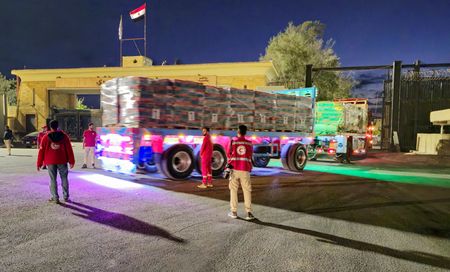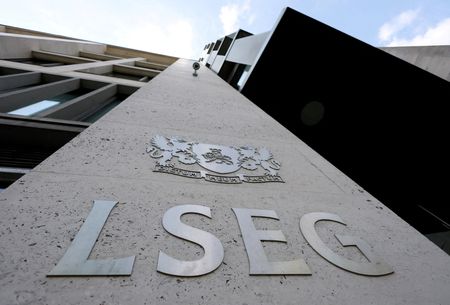(Reuters) -The production of electronics for aviation is a bright spot in the aerospace supply chain, whereas manufacturing of some parts still remains challenging, a senior executive at supplier Honeywell told Reuters.
While accessing some products like castings and forgings used for engine manufacturing remains difficult, Honeywell and other large aerospace suppliers in recent months have pointed to signs of improvement in the supply chain.
Honeywell supplies products including avionics and flight control systems to Boeing, Airbus and Chinese planemaker COMAC, and ground-based power units to airlines.
But shortages of labor and materials like aluminum, steel and superalloys continue to dog the aerospace industry, with airlines facing more than $11 billion in extra costs due to various supplier disruptions this year, the International Air Transport Association (IATA) said on Monday.
Honeywell Aerospace Chief Commercial and Strategy Officer Ben Driggs said in an interview on Friday that products like avionics and navigation equipment were the most improved areas within the supply chain because they relied less on the availability of raw materials.
“So avionics, navigation, satellite communications, that’s where we’ve seen the most improvement,” Driggs said.
“It has less raw material constraints,” he added, without disclosing the name of any particular material.
The supply chain has struggled to meet growth from all three segments of the aerospace market: commercial air transport, business aviation and defense.
Driggs said other parts of the supply chain including engines for private jets were also improving, but not as much as electronics.
IATA CEO Willie Walsh has questioned the influence large suppliers exert over the prices of parts, pointing to a gap between airline operating margins, forecast at 6.7% this year, and margins of some engine makers and suppliers in the mid-20% range.
Honeywell’s aerospace division reported a 25.5% margin in the second quarter.
Driggs declined to comment on margins, but said it was important for suppliers to support airline operators.
After pressure from activist investor Elliott Management, Honeywell in February announced plans to split into three independent companies, including a spin-off of its aerospace business.
(Reporting by Allison Lampert in Montreal; Editing by Jamie Freed)









